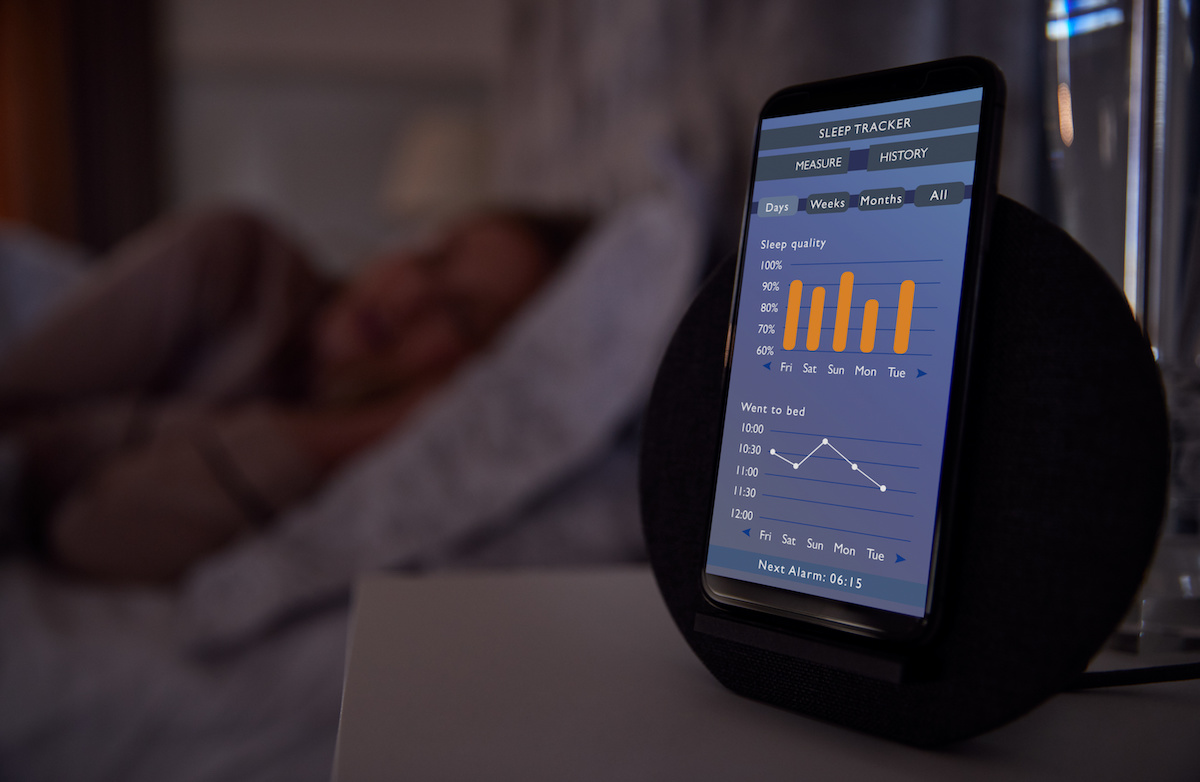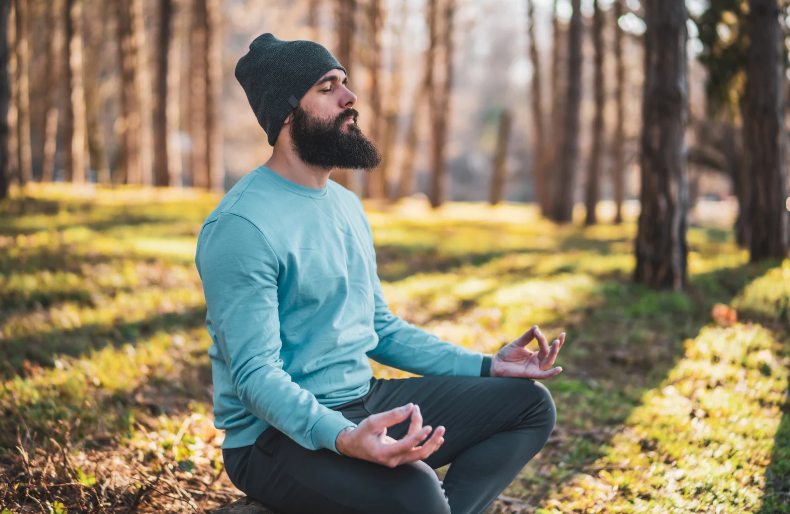
We track our food, our workouts, and even our steps—so it might seem natural to also track our sleep. After all, the quality and quantity of sleep play a major role in our overall health and well-being.
You may notice some mornings you wake up feeling refreshed, while other mornings the alarm feels unbearable. You likely know what time you get into bed and wake up, but do you know how much restorative sleep you’re actually getting?
Thanks to technology, sleep tracking has become an accessible way to better understand your sleep patterns. From wearable devices and smartwatch apps to mattress sensors and sleep pads, there are several tools designed to monitor your nightly rest.
What Sleep Trackers Measure
Most devices collect data such as heart rate, breathing rate, time spent asleep, and how long it takes to fall asleep. Many can estimate the amount of time you spend in light, deep, and REM sleep, and some can even detect snoring or changes in movement.
These insights can help you notice trends—like tossing and turning before falling asleep or waking frequently at night—and inspire changes in your routine. You might experiment with relaxing before bed, adjusting your bedtime, or limiting screen time to improve sleep quality.
When to Seek Professional Support
If you suspect you have a sleep disorder such as sleep apnea or chronic insomnia, a sleep tracker alone won’t provide enough information. In those cases, a healthcare professional can order a sleep study that measures brain activity and other key data more precisely.
The Potential Downside
While sleep trackers can raise awareness, relying too heavily on them may create unnecessary stress. Some people begin to overanalyze the numbers or worry about getting “perfect” sleep, which can actually make falling asleep harder. If you find yourself feeling anxious about your sleep data, it may help to take a break from tracking.
Simple Sleep Habits to Try
You don’t need technology to improve your sleep. Try these evidence-based strategies:
-
Keep a consistent schedule. Go to bed and wake up around the same time each day—even on weekends.
-
Create a relaxing bedtime routine. Stretch, read, or practice deep breathing before bed.
-
Limit screens before sleep. The light from phones and tablets can interfere with melatonin production.
-
Keep your sleep environment cool and dark. A comfortable, quiet space supports better rest.
-
Use a sleep diary. Record your bedtime, wake time, and how rested you feel each morning to track trends naturally.
The Bottom Line
Sleep tracking devices can offer useful insights and motivation for improving sleep habits. But remember—they’re only tools. The ultimate goal is to develop consistent, restful routines that help you wake feeling refreshed and ready to take on the day.













